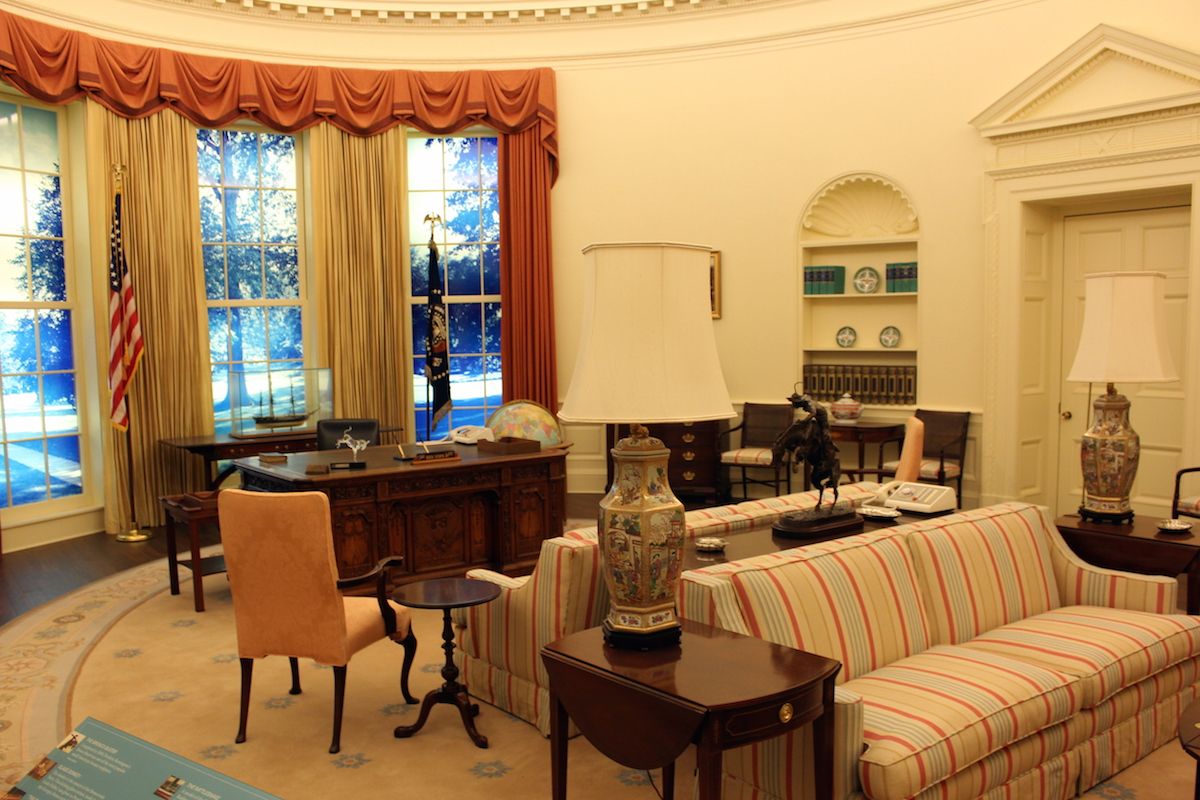Why Public Policy Professionals So Often Have The Wrong Answers

There are increasing criticisms of the public policy field from both the right and the left. The left criticizes public policy schools for inadequately addressing issues like inequality (Thomas Piketty's work comes to mind) or justice in places such as Baltimore or Ferguson. The right is concerned that public policy schools emphasize solutions led by governments rather than a more balanced mix of public and private options.
Both sides are correct: public policy schools aren't equipping their students for the modern world. Part of the challenge is that public policy schools are remarkably narrow in their disciplines. Professors in public policy schools come predominantly from economics, which means that normative questions are avoided and there is a large emphasis on model building at the expense of, well, actual policy.
I have been curious how we ended up with this situation, so I spent some time this summer dredging up the history of the field.
Before I get to some findings though, a brief aside. I really love how academic knowledge becomes legitimate in the eyes of other scholars. My undergraduate thesis was on the intellectual development of computer science, and one of the main results that came from that research is that the first CS professors in the 1960s were under constant attack from other disciplines in the natural sciences. This led them to (eventually) focus on the algorithm as the key area of research in the field, in order to prove the discipline's legitimacy inside the university.
These wars were so bad, that Stanford's CS department, for instance, didn't create an undergraduate major in the field for almost two decades, lest the department be considered less worthy by other academics. The substitute major during that period was actually Mathematical and Computational Sciences -- my major in college.
So I wasn't surprised when I found much the same was true with public policy, especially at Harvard.
Harvard has had an interesting relationship with public policy over the years. The current Harvard Business School was originally envisioned as a combined business and public policy school (the sensibilities in the early 1900s were such that business was not considered appropriate for the university, and so public policy would help to clean up the image). That plan didn't work out, and it would take another three decades for a school to materialize.
Harvard's grad school in public policy started in the 1930s, and became a constant source of embarrassment for the university for the next three decades, consistently ranked far lower than its other professional schools. By the 1960s, the school was at serious risk of closure due to its poor performance, with the university president of the time declaring it one of his "greatest disappointments."
The death of President John F. Kennedy would change that direction dramatically, with the public policy school renamed in his honor. The school was rejuvenated by a set of distinguished faculty who placed a renewed focus on getting students into policy to commemorate Kennedy's legacy. Increased fundraising (of course) helped as well.
In those early years, building a curriculum was not at all clear. At Harvard, competition to the public policy school came from the Government and Economics departments, who were making a strong turn toward quantification starting in the 1960s and 1970s. Additionally, quantitative skills were in vogue during the Vietnam War, with Secretary of Defense McNamara leading the charge.
To compete, the Kennedy School required that students take classes in economics, statistics, and decision sciences, requirements that continue to form the bedrock of the school's curriculum today.
Graham Allison, an early faculty member and later dean of the school, described in a reflection why the curriculum used those fields. "These tools came from demanding social science disciplines, and helped give the curriculum of the fledgling public policy school a certain kind of legitimacy in the academic world in which they were struggling for academic respect." [1]
Carefully note the reasoning for why we study economics in public policy, versus say, history, sociology, anthropology, or any number of other human-centric fields. The selections were not made because the tools were necessarily the best to study public affairs. They were selected because they would get the most respect from the other faculty at Harvard.
Given Harvard's influence in academia, much of public policy today is based in economics and quantitative social science.
Considering that these sorts of curriculums were first designed almost fifty years ago, it is almost certainly time to reconsider what makes up the curriculum of public policy schools to ensure they match the needs of students in the modern world.
That probably doesn't mean throwing out economics, which does have a strong toolbox for the policy professional. However, there are other skills that would also seem to be relevant but are not widely taught today, including data visualization, coding, social media and participatory government, as well as area studies. There is quite a list, enough to question whether a public policy "core" can even truly exist.
One of the interesting things when you dive into academic disciplines is just how much the decisions around research areas and curriculums can derive from parochial interests. It's time to reopen a dialogue in public policy and rejuvenate policy studies.
Sources
- Allison, Graham. “Emergence of Schools of Public Policy: Reflections of a Founding Dean.” In The Oxford Handbook of Public Policy, 58–79, OUP Oxford, 2008.
Image by Wally Gobetz used under Creative Commons.